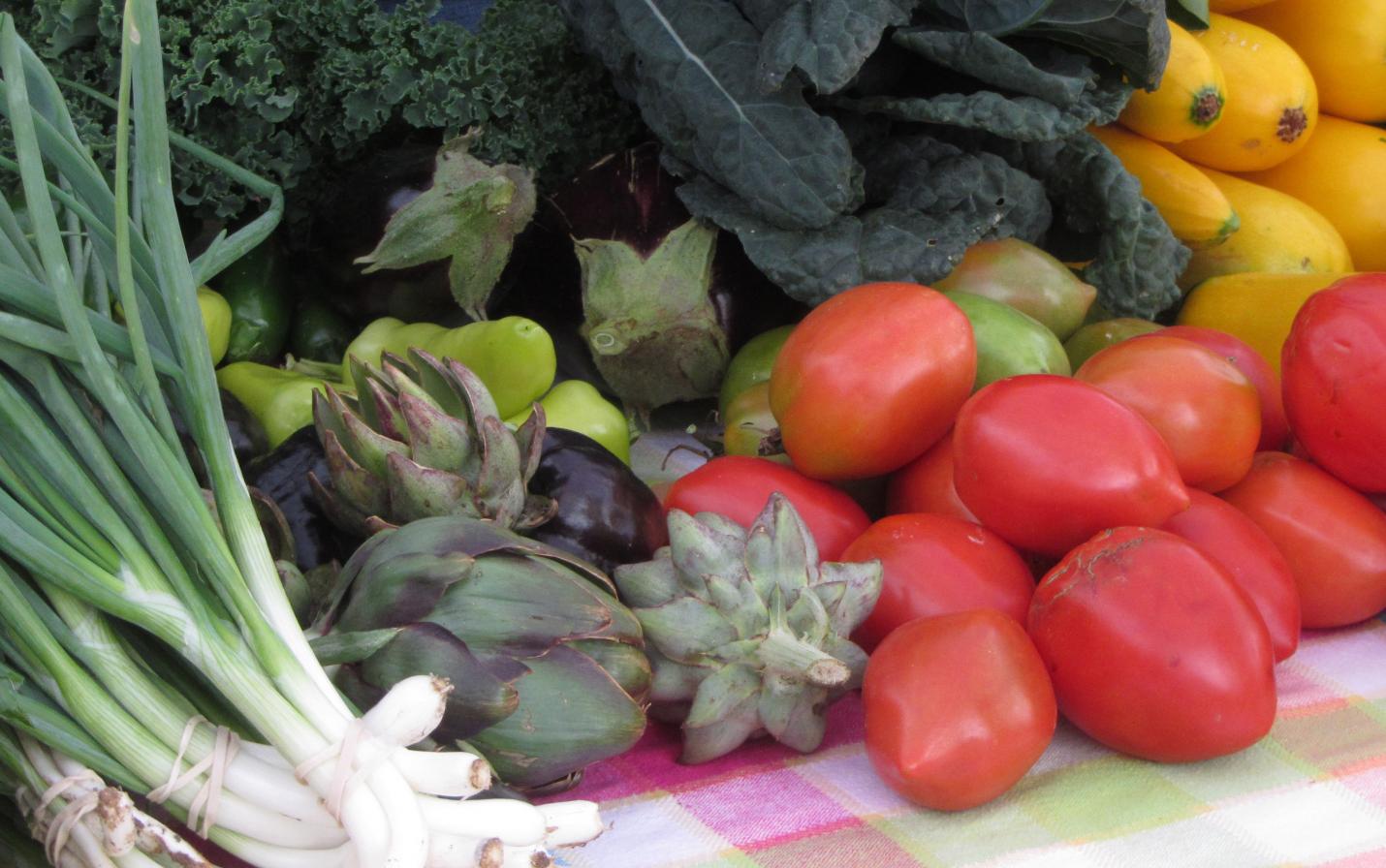
It is harvest time in the Coulee Region.
Food is more than something we eat to survive. It is part of how we thrive. To break bread together, to harvest together, is a social ritual.
When we talk about food, we are essentially talking about connections — whether that be social connections we form over a shared meal or the connections between all the individuals and industries required to grow, process and distribute the ingredients in that meal.
Right now, all these connections are being tested.
The COVID-19 pandemic disrupted global supply chains, induced panic buying and cleared some supermarket shelves.
It resulted in edible produce rotting in fields, and left farmers little choice but to gas, shoot and bury their unwanted livestock because slaughter plants were shut down.
It also revealed a glaring problem. There is no clear, global strategy for building resilience and managing risks in the world’s food supply.
Likewise, there is no coherent plan to tackle the challenges of feeding a growing human population on a warming planet where food crises will intensify along with our worsening climate.
The threats to feeding a growing population caused by climate change are not new. We have been warned that our food production systems are not sustainable.
The Intergovernmental Panel on Climate Change has advised that climate change is already reducing food production in drier regions and that any warming beyond 1.5 degrees Celsius above pre-industrial global temperature averages will have increasingly severe impacts on food systems and productivity.
The ways we currently produce most of our food is in fact making climate change and biodiversity loss worse.
According to the Nature Conservancy in an article, “Beyond Sustainable: A Food System to Restore the Planet,” large-scale industrialized agriculture is responsible for approximately 25% of greenhouse gas emissions, 70% of freshwater use and 80% of habitat loss.
There is a vicious feedback loop between food production and degradation of nature. Bold transformations in our food systems are key to a more positive future for people and other life on the planet.
The disruptions caused by the pandemic have awakened the world to the fact that our food systems are far more vulnerable than many realized. It has exposed just how quickly disruptions in our food systems can precipitate crisis.
If we wait until climate change impacts become even more severe and widespread, it will be too late to avoid tipping into another global crisis.
It is not enough to produce food in ways that minimize harm to the Earth. We must start producing food in ways that actively restore the health of our planet.
It is essential that agriculture quickly transitions toward sustainable, regenerative and ecologically sound practices that improve soils, protect groundwater and restore biodiversity.
Climate change knows no borders and as extreme weather events become more common, farmers face a generational threat from the major disruption to growing seasons, soil erosion and pest infestations.
Our reliance on chemicals to drive higher yields has left agricultural lands damaged. Rejuvenating soil and finding ways to grow healthy food with less carbon emissions will require transformation in farming practices at a global scale.
We face an existential challenge that requires innovation, global coordination and a willingness to confront entrenched monetary interests. It will take meaningful, inclusive and creative supports on an international level.
In 2021, the United Nations will be holding a food systems summit. This will be a major opportunity to craft an organized worldwide effort to address the many challenges facing agricultural and food security systems.
America can be a leader at this food systems summit, just as it can be a leader in global climate change action. We just need the bipartisan political will to meet these challenges head on.
We must all show a united resolve in protecting and improving our food security and in transitioning to a truly sustainable food system.